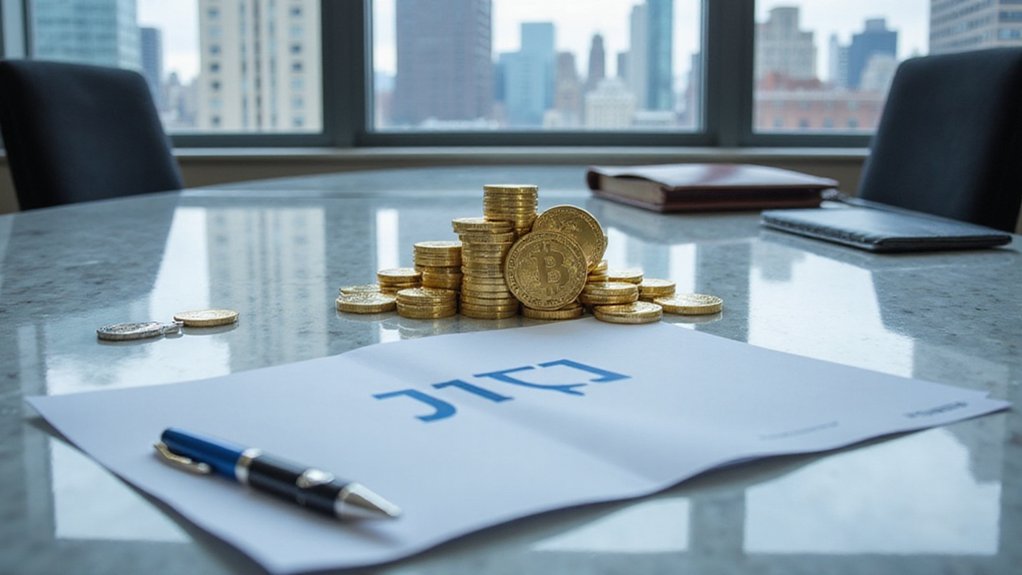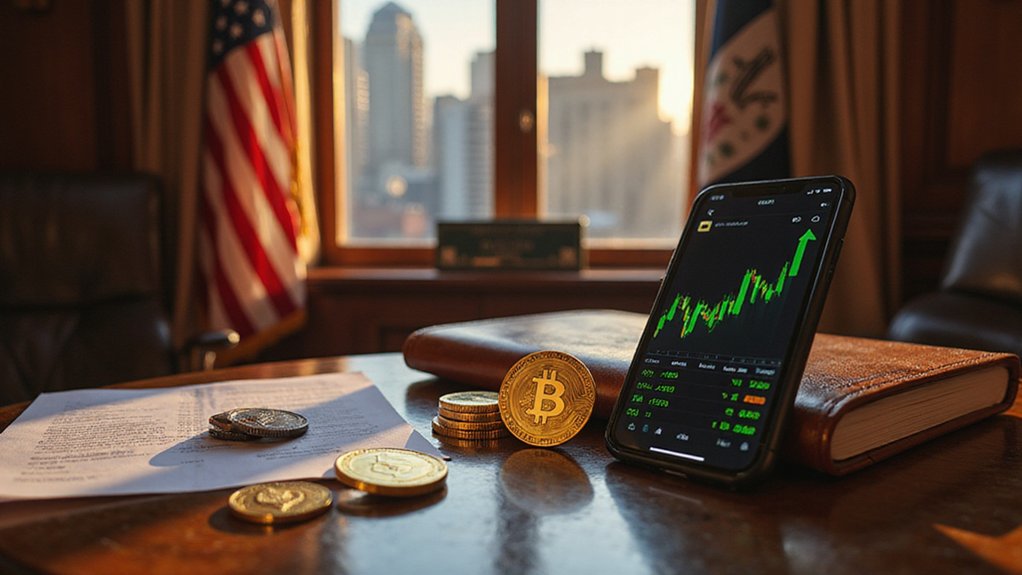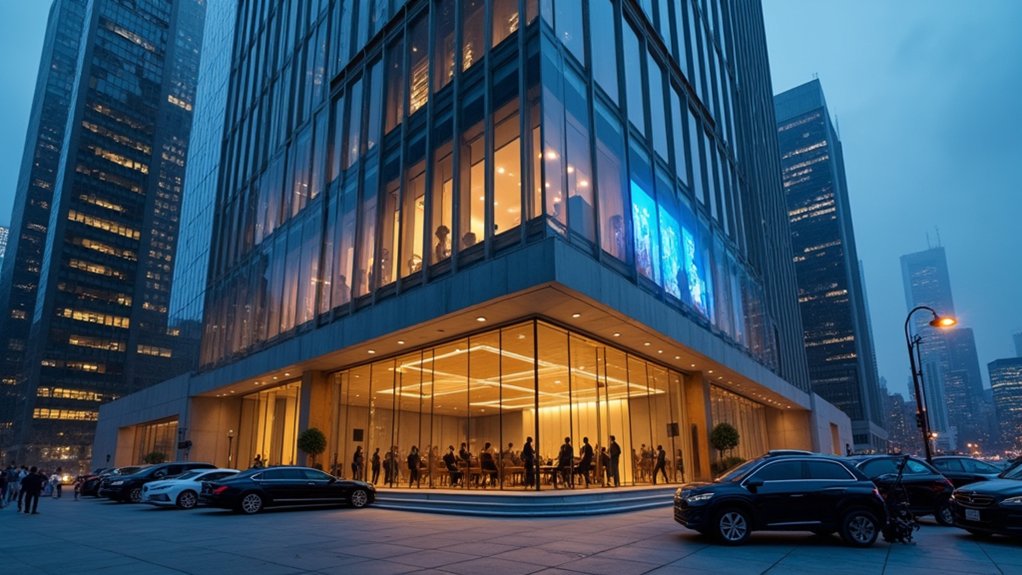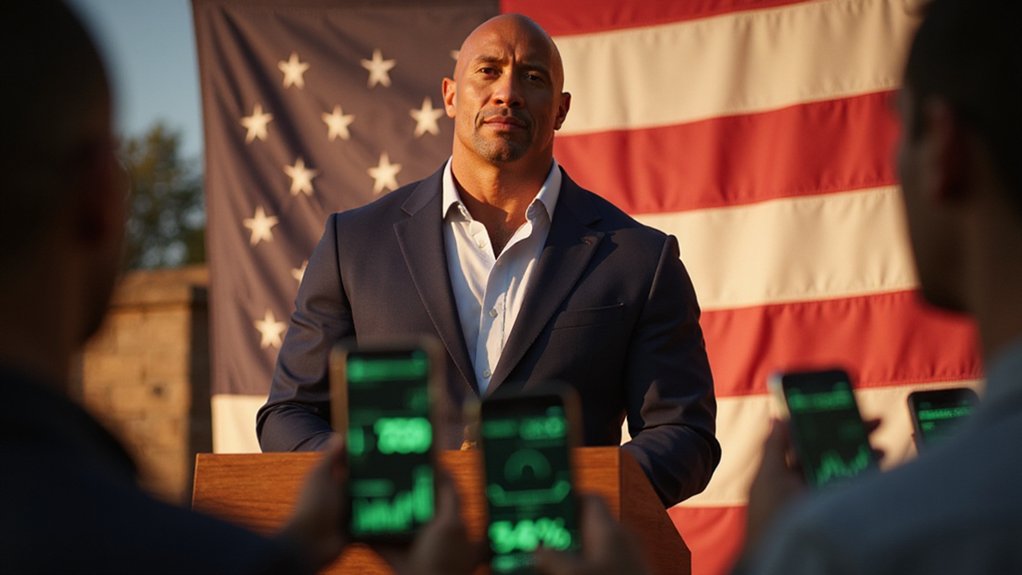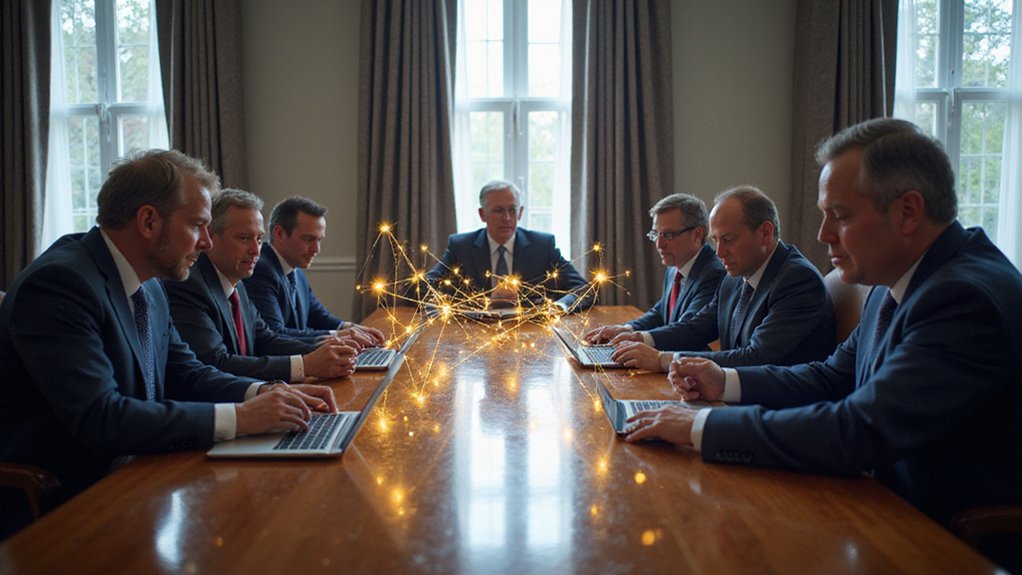While most financial centers debate the theoretical merits of tokenization, Dubai has quietly assembled what may be the world’s most far-reaching infrastructure for converting real-world assets into digital tokens—a development that should give pause to traditional finance capitals still wrestling with regulatory uncertainty.
The emirate’s latest breakthrough involves OKX partnering with Standard Chartered Bank, Brevan Howard, and Franklin Templeton to launch tokenized money market funds under VARA’s regulatory umbrella. This collaboration allows institutional clients to use tokenized assets and cryptocurrencies as collateral in over-the-counter trading—a concept that would have sounded like science fiction to fund managers just five years ago.
Franklin Templeton’s participation as the first money market fund in this program signals serious institutional validation. When one of the world’s largest asset managers commits to tokenized structures, it suggests the technology has moved beyond experimental phase into practical application.
Franklin Templeton’s commitment to tokenized structures marks the decisive shift from experimental technology to mainstream institutional adoption.
The funds operate with custody arrangements involving global systemically important banks, addressing the institutional paranoia about digital asset security that has long plagued adoption.
Dubai’s regulatory framework, orchestrated by VARA and ADGM, provides the clarity that traditional finance desperately seeks. While European and American regulators continue issuing guidance documents that raise more questions than they answer, Dubai has implemented thorough licensing rules focusing on product complexity and investor protection.
This regulatory certainty has attracted over $5.4 billion in venture capital for crypto-related infrastructure deals in Q1 2025 alone.
The real estate tokenization success stories provide compelling evidence of demand. The Dubai Land Department’s blockchain adoption enabled fractional ownership models that previously existed only in academic papers. The initiative establishes Dubai as the first in the Middle East for blockchain-based tokenization, facilitating global participation in the emirate’s real estate market.
A landmark $3 billion deal between MultiBank Group, MAG, and Mavryk tokenizes luxury properties, while one tokenized apartment project sold out in under two minutes to investors from 35 countries—suggesting global appetite for fractionalized real-world assets. The tokenization infrastructure utilizes the permissioned token standard ERC-3643 to ensure compliance and establish clear transfer rules for institutional investors. The process involves comprehensive off-chain standardization where asset details and legal documentation are verified before creating digital tokens on the blockchain.
Dubai’s zero-tax environment and clear regulatory framework have created an irresistible combination for firms fleeing jurisdictional uncertainty elsewhere.
As traditional finance centers continue debating whether tokenization represents innovation or risk, Dubai has already built the infrastructure to capture the inevitable shift.


